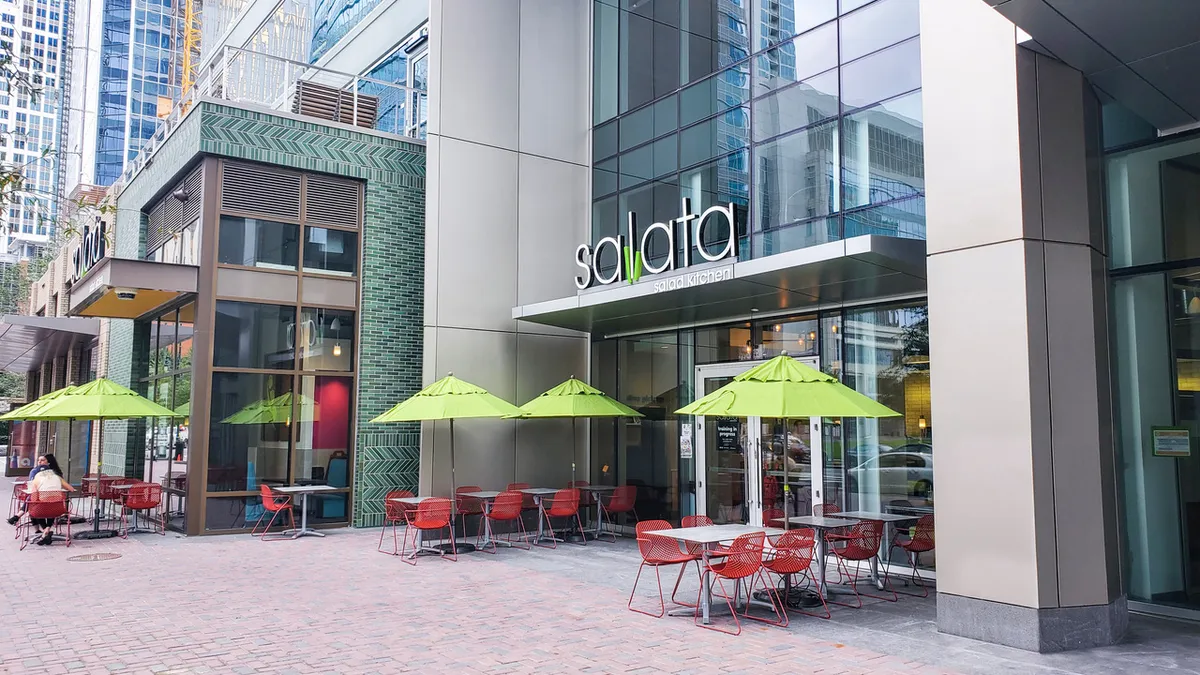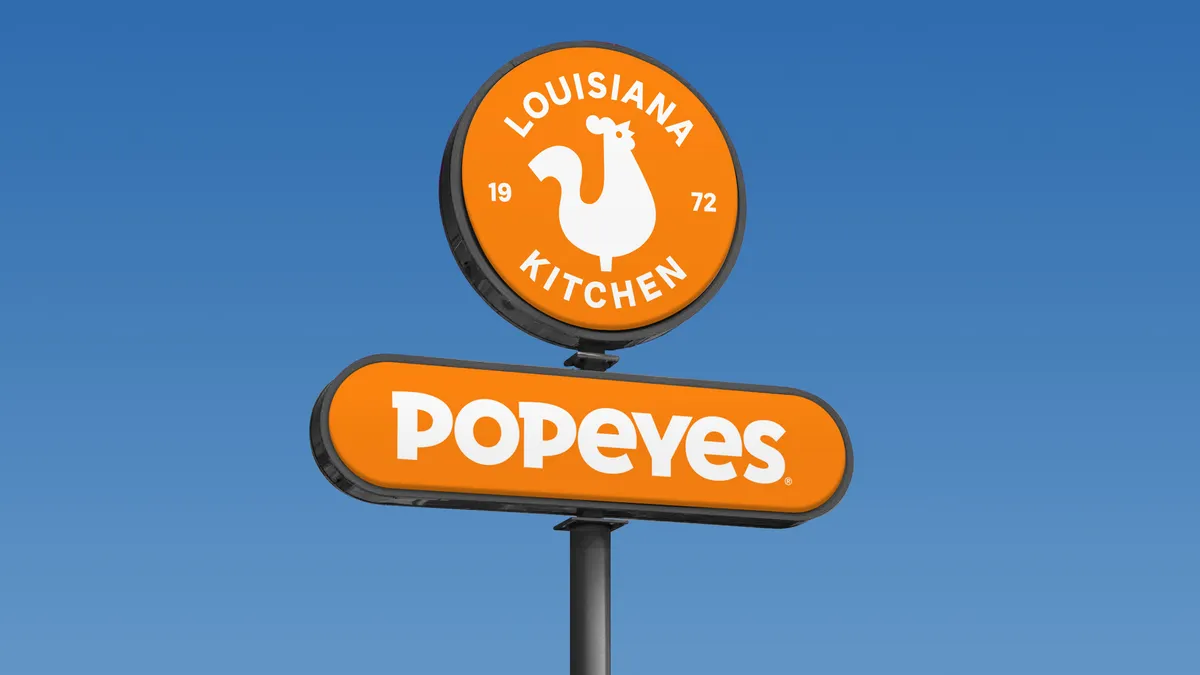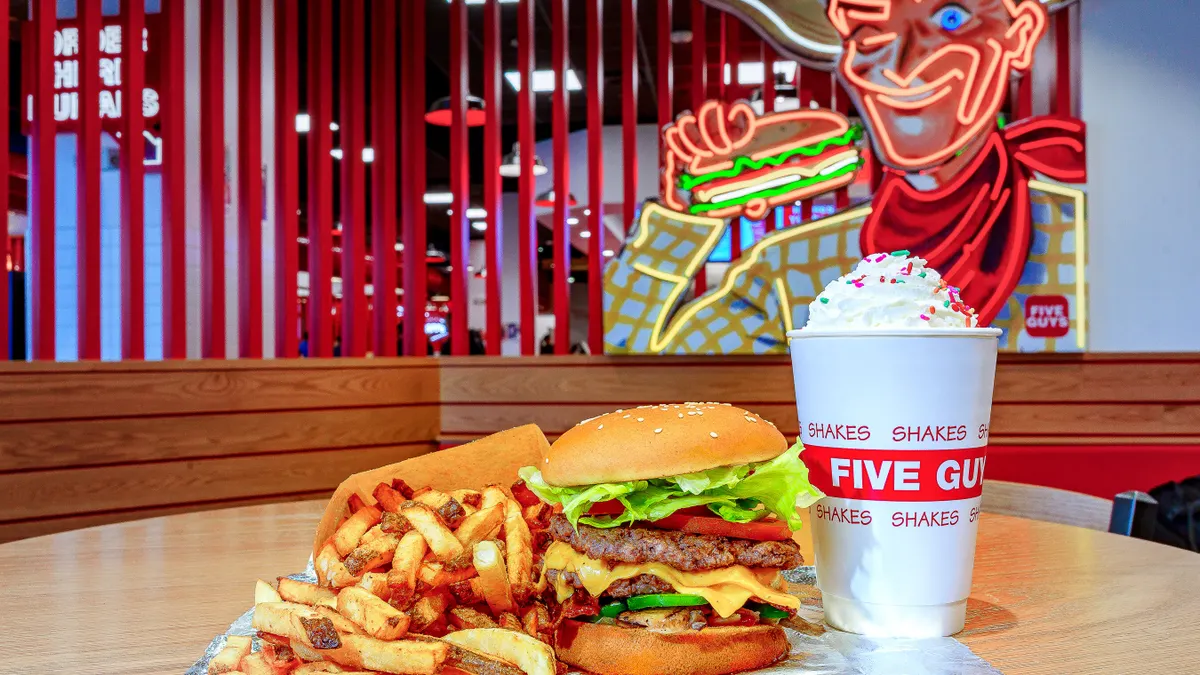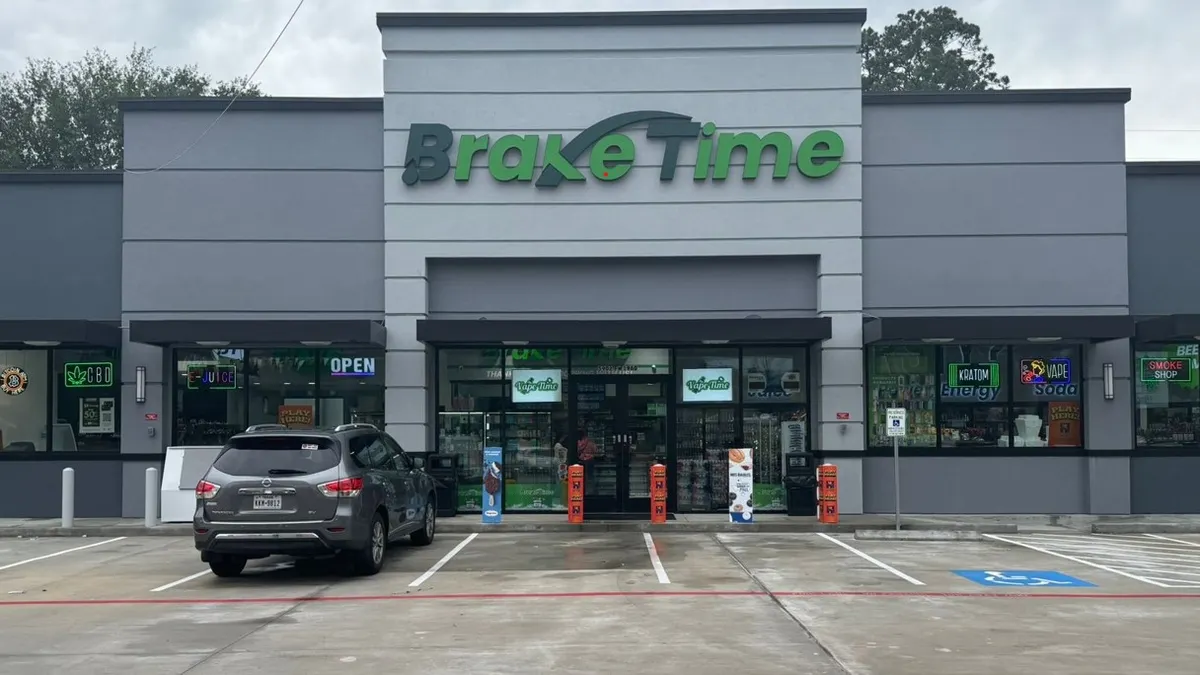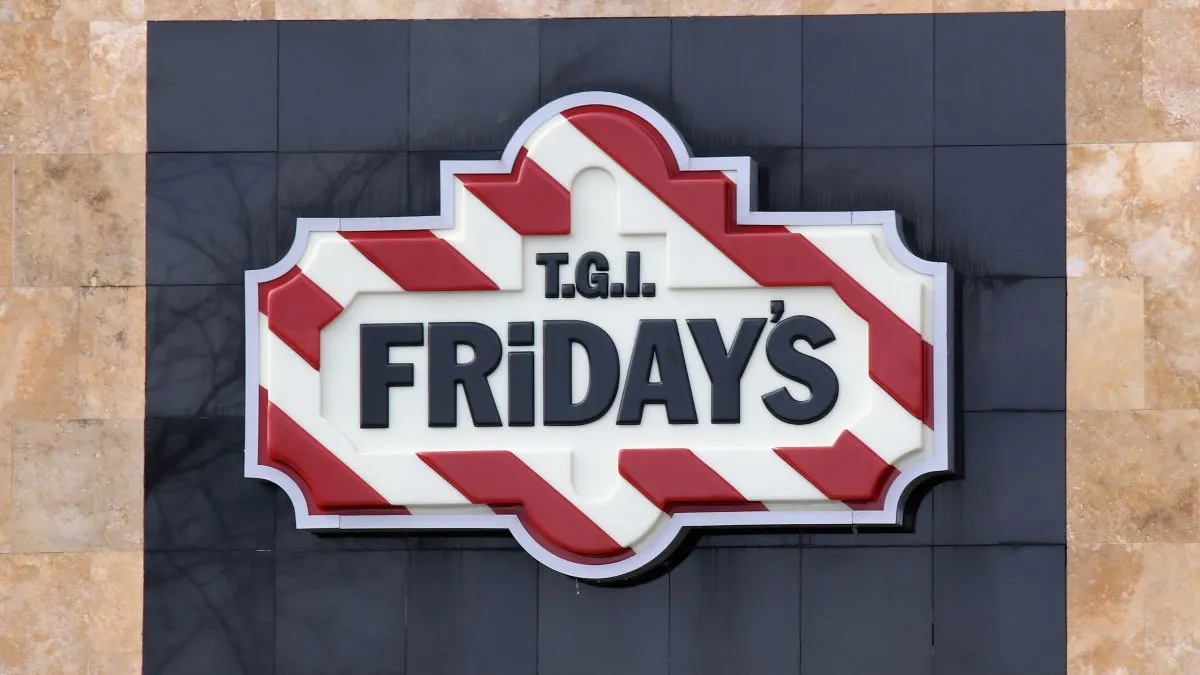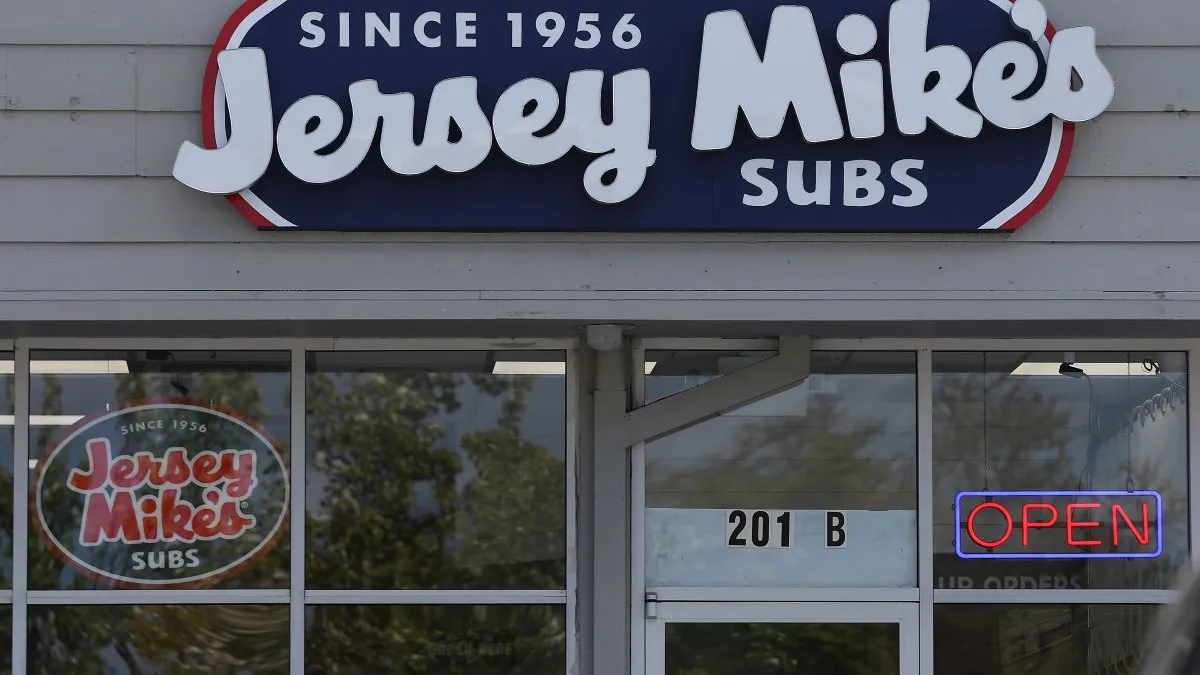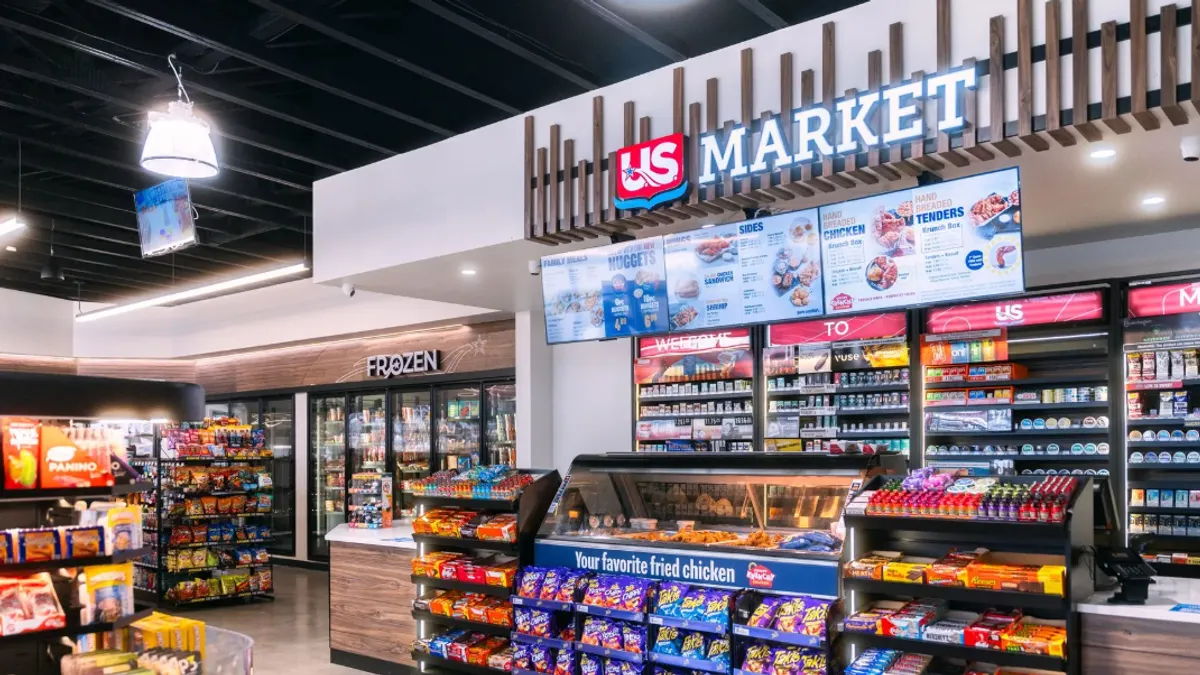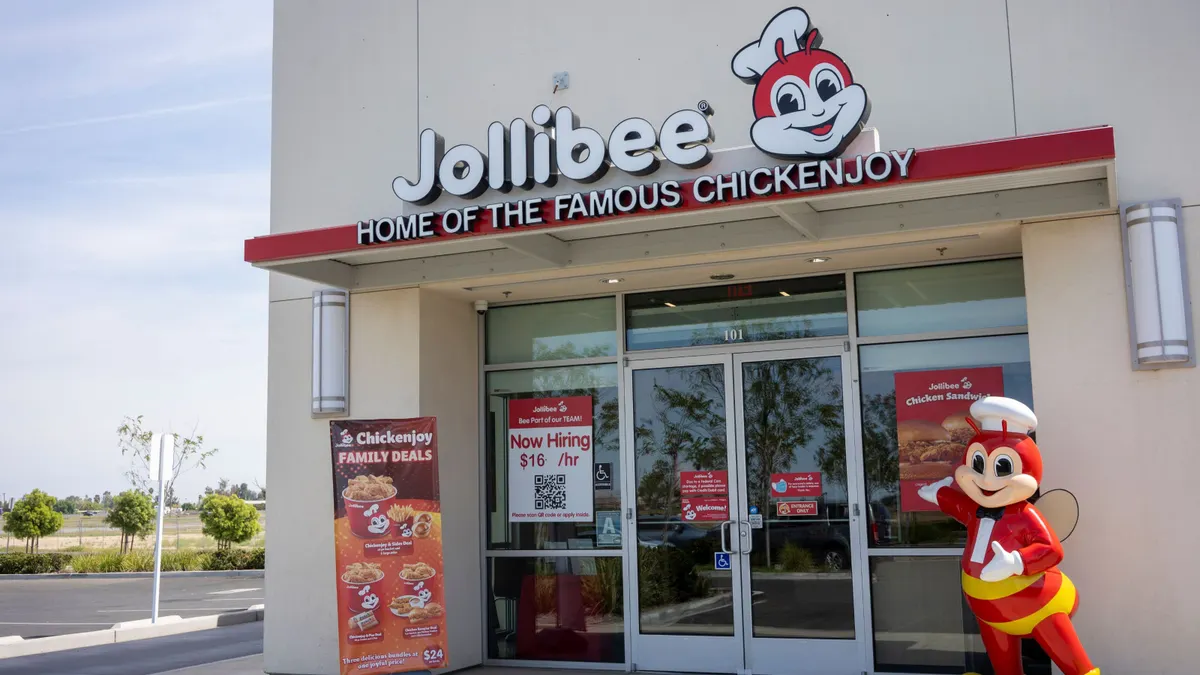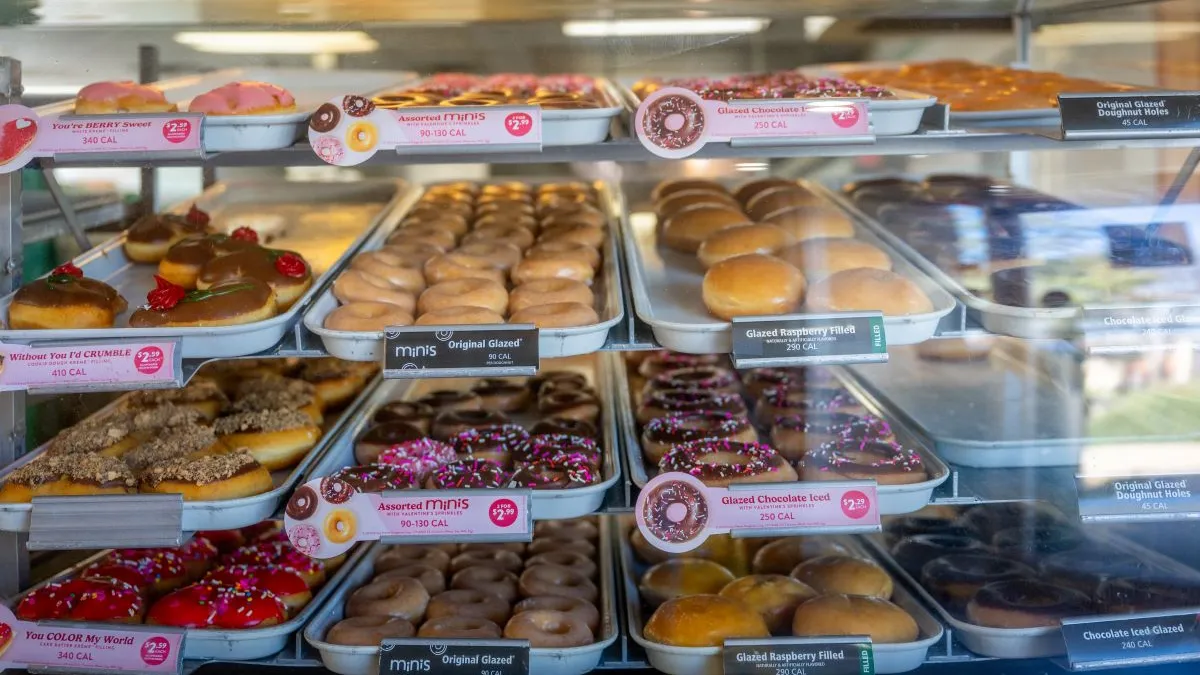Salata Salad Kitchen took 19 years to reach 100 units. It thinks it can triple that number in five years, Michele Maerz, Salata’s president, said in an interview with Restaurant Dive.
The 101-store salad chain is concentrated primarily in the Sunbelt. But unlike other fast casual brands pursuing nationwide growth, Salata is concerned primarily with ensuring its existing markets are fully developed.
To that end, the chain has undertaken a number of measures based largely on franchisee feedback, including the launch of a mystery shopper program and a franchise development incentive.
Focusing on existing markets allows the chain to “maximize that brand awareness and presence, increase marketing efficiencies, and build brand visibility with less spending by concentrating efforts in high potential areas. And also [increase] distribution and operational efficiency,” Maerz said.
In markets where Salata has a strong presence, like its home state of Texas, the brand is building units in non-traditional settings, like University of North Texas’ 30,000-seat football stadium. Maerz hopes the brand will eventually have a significant presence in large college football stadiums and potentially NFL stadiums.
Airports present another possibility for non-traditional development and spread brand awareness by connecting with travelers, Maerz said.
Once the brand builds up enough awareness in one market, nearby states become a possibility for expansion. Maerz said the brand is looking at New Mexico, Louisiana and Arizona, and recently entered Arkansas.
“That Arizona market can have 10-plus Salatas” without danger of over-saturation, Maerz said.
Within new markets, and at the edges of its home trade areas, Salata is looking for areas where restaurants are already seeing success, but where healthy options are not abundant.
“We just opened up a restaurant in Midlothian [a town on the outer edges of the Dallas-Fort Worth Metroplex],” Maerz said. “I had guests walking in and going, ‘We have seven Mexican restaurants and hamburger restaurants, and we're so thankful we finally have a healthy restaurant.’ So these small towns even want healthy restaurants.”
How franchising fits in
Franchising is key to the brand’s efforts to bring its salads to new markets and to fill in its density in existing trade areas. Salata is looking for operators who want to be brand partners and want to be closely involved in the development and operation of their restaurants.
“We don't want to be somebody's tax write-off,” Maerz said. “We want someone to really be partners with us and grow.”
Since Maerz took over as president in 2023, she’s made a point of listening to and taking advice from its operators.
“We need to listen more to our franchisees, because we’ve got some really smart ones out there,” Maerz said.
Based on franchisee feedback, the chain has launched a mystery shopper program and an operational initiative called “Measure Up,” where Salata went through its opening and closing checklists and audits to determine areas for improvement and streamlining. That effort aligns with Salata’s review of business and sales figures. On the customer side of things, Salata closely monitors guest feedback and tries to make sure complaints are addressed quickly.
Salata has been training its home office team on the contents of its franchise disclosure document, to ensure the company’s staff are well-versed in their obligations and expectations of franchisees.
This, Maerz said, has helped create a culture of mutual trust and transparency between the brand and its franchisee base.
What makes Salata unique
Salata may find itself facing strong competition with brands like Sweetgreen and Chopt that are also looking to expand
To counteract this, the chain is looking for ways to set itself apart. Value, Maerz said, is a particularly strong point.
“When you walk into one of our restaurants, you can get whatever you want. You can have two or three scoops of everything you want. We don't nickel and dime the consumer,” Maerz said. “That's really important to us so [customers] feel like they're getting value for their money.”
In addition to the portion sizes, the chain has a rewards program that offers discounts to draw repeat customers.
Technology aside, Maerz said, the attitude of workers towards the food itself helps improve the atmosphere and the customer experience. Generally, Maerz said, workers who prep the food at Salata are the same ones who work the counter, meaning they’re able to take pride in serving well-prepared and presented food.
“They love serving it, because that's their baby,” Maerz said.



